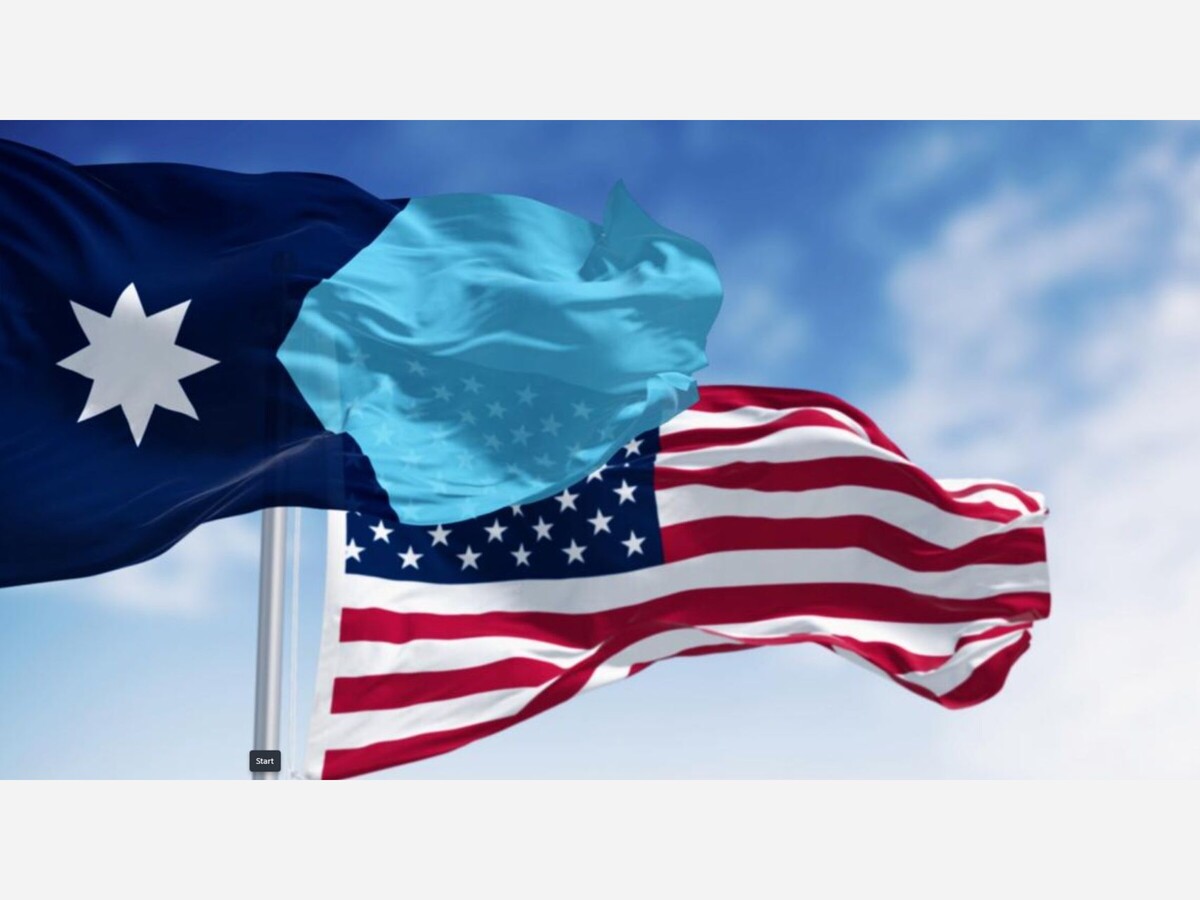Image


A City Remembers, A Spirit Endures
Minnesota stands now one month removed from a day that changed us—quietly, violently, and forever.
June 14, 2025, is no longer just a date. It’s an ache in our collective memory. It’s the day we lost Speaker Emerita Melissa Hortman—not just a public figure, but a passionate advocate, a loyal friend, and a cherished daughter of this state. The tragedy deepened with unspeakable cruelty: her husband Mark and their loyal dog were also taken, all in the space of one senseless act.
The raw grief that swept over us in those early hours has not subsided. If anything, it has deepened—transforming into a quieter, heavier sorrow. Melissa was far more than her title. She was a champion of equity and the environment, a force for inclusive progress, and a woman whose conviction never outpaced her compassion.
She walked the corridors of power with a calm dignity and unwavering purpose, grounded always in the needs of everyday Minnesotans.
At her side, Mark—gentle, steady, and private—stood not behind, but with her. Theirs was a partnership of mutual respect and quiet devotion, rooted in decades of shared love and public service. To lose both of them in such a brutal, calculated attack is to feel a wound not easily explained, and likely never fully healed. Even their dog, a companion whose presence brought comfort and joy, became a victim of the indiscriminate cruelty that night.
This was more than a political assassination. It was a violent rupture of our social fabric—an assault not only on a beloved family, but on our shared sense of decency, safety, and democratic norms. The horror of it forces us to confront a sobering truth: that hatred, once dismissed as fringe, now moves among us with terrifying intent.
As we mark this somber one-month anniversary, we remember not only what we lost—but why it matters that we never forget.
Melissa’s fierce optimism. Mark’s quiet strength. The companionship of a dog whose only role was to love. These memories—so human, so simple—anchor our grief and point us toward what remains worth defending.
This state bears a scar now. But scars remind us of what we’ve endured—and of what we must protect.
The shadow of June 14 does not end with the Hortman family. It stretches across another household—one that narrowly escaped similar tragedy.
Senator John Hoffman, his wife Yvette, and their daughter were also targeted in a coordinated attempt to extinguish voices of reason and compassion.
That they survived is nothing short of miraculous. But survival is not the same as safety. The terror they faced within the walls of their own home—where family should mean refuge—cannot be easily unwound. Their recovery is ongoing, and the trauma of that night will live with them far beyond these first 30 days.
Their courage, however, stands as quiet defiance.
In continuing to breathe, to speak, to heal, the Hoffmans remind us that while violence can maim and wound, it cannot extinguish the human spirit—not unless we allow it to.
These dual acts—one tragically successful, the other miraculously thwarted—force us to look hard at ourselves as a community and as a country. This is not simply about security protocols or emergency response plans. It is about reckoning with the cultural rot that allows political violence to take root and fester.
How do we protect those who dedicate their lives to public service?
How do we preserve the sanctity of home, the civility of discourse, and the humanity of difference?
How do we ensure this never happens again?
The answers are neither easy nor immediate. But they begin with a recommitment to empathy.
They require that we elevate truth over provocation, dialogue over dehumanization, democracy over division.
They demand that we hold accountable those who traffic in hate—even when cloaked in political speech—and that we safeguard the dignity of every person who dares to serve.
Let the memory of Melissa and Mark Hortman, and their cherished dog, stand not only as a symbol of what we lost—but as a call to action for what we must preserve.
Let the resilience of the Hoffman family be a reminder of the light that endures, even after unthinkable darkness.
This one-month reflection is not simply about mourning. It is about remembering with purpose. It is about defending our values with humility and strength. It is about holding space for the pain—and still daring to move forward.
At MinneapoliMedia, we reflect not with finality, but with solemn resolve.
Our city has been wounded. But it has not been broken.
And as we remember, we also rebuild—together.